Land and Forest Rights of the Tribals Today
The tradition-oriented rights of the tribal people of India on lands and forests are not only the indigenous issue developed long ago, but in most of the cases these surpass the frontiers of history. After their many-sided confrontations with the contemporary conceptions, the question of traditional rights and their feasibility has raised a lot of queries and counter-queries in the sphere of safeguarding the indiscriminate destruction of the forested environment and unusual utilization of the lands in nature. The question has not only been confined to the academic circle, but it has stirred conspicuously the political domain of the country very recently. The tribal people living in and around the forests are not the destructor but the conservers of forests and related natural resources. Their love and sympathy for the natural resources have been processed characteristically in their cultural patterns and ultimately these have oriented the all-embracing tribal philosophy. These are needed to b e evaluated in their proper perspectives with scientific outlook reinforced by concrete case studies. The present anthology pledges to supply relevant information to all concerned in its as many as nineteen discernible papers including one introduction presented by the veteran and young as well as promising social scientists. It would cater to the needs of the policy-makers, administrators, politicians and social workers together with all the persons interested in the different domains of social sciences in general and in the tribal affairs in particular The tradition-oriented rights of the tribal people of India on lands and forests are not only the indigenous issue developed long ago, but in most of the cases these surpass the frontiers of history. After their many-sided confrontations with the contemporary conceptions, the question of traditional rights and their feasibility has raised a lot of queries and counter-queries in the sphere of safeguarding the indiscriminate destruction of the forested environment and unusual utilization of the lands in nature. The question has not only been confined to the academic circle, but it has stirred conspicuously the political domain of the country very recently. The tribal people living in and around the forests are not the destructor but the conservers of forests and related natural resources. Their love and sympathy for the natural resources have been processed characteristically in their cultural patterns and ultimately these have oriented the all-embracing tribal philosophy. These are needed to b e evaluated in their proper perspectives with scientific outlook reinforced by concrete case studies. The present anthology pledges to supply relevant information to all concerned in its as many as nineteen discernible papers including one introduction presented by the veteran and young as well as promising social scientists. It would cater to the needs of the policy-makers, administrators, politicians and social workers together with all the persons interested in the different domains of social sciences in general and in the tribal affairs in particular.
Get it now and save 10%
BECOME A MEMBER

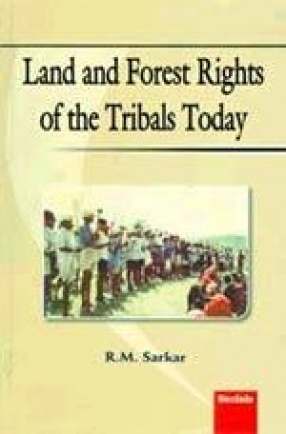
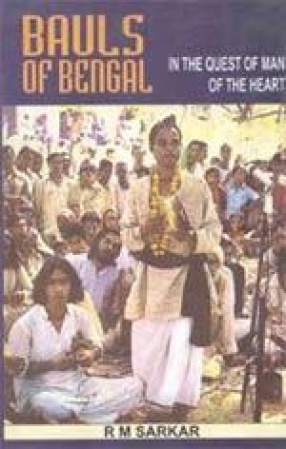

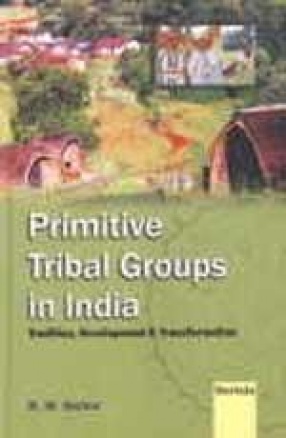

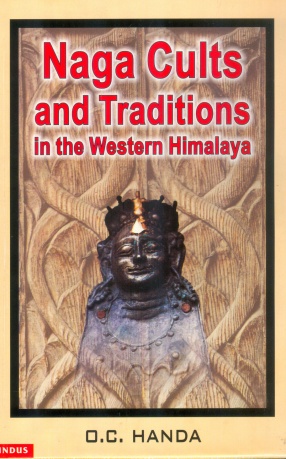
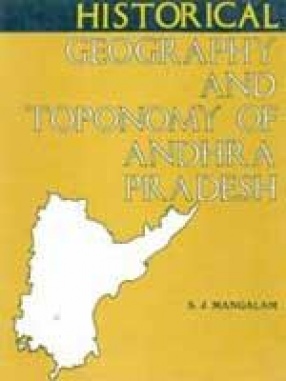
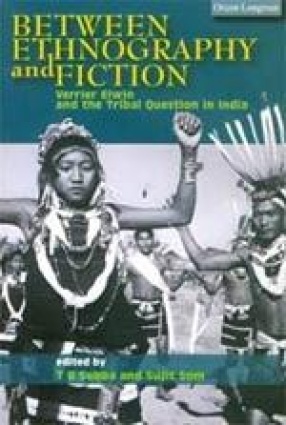

Bibliographic information